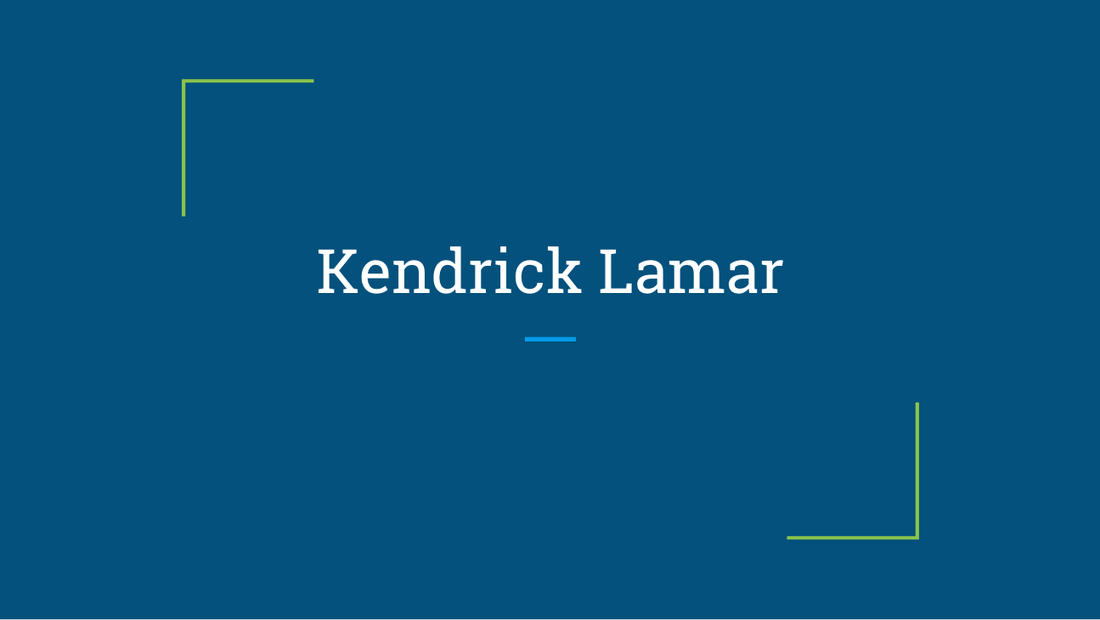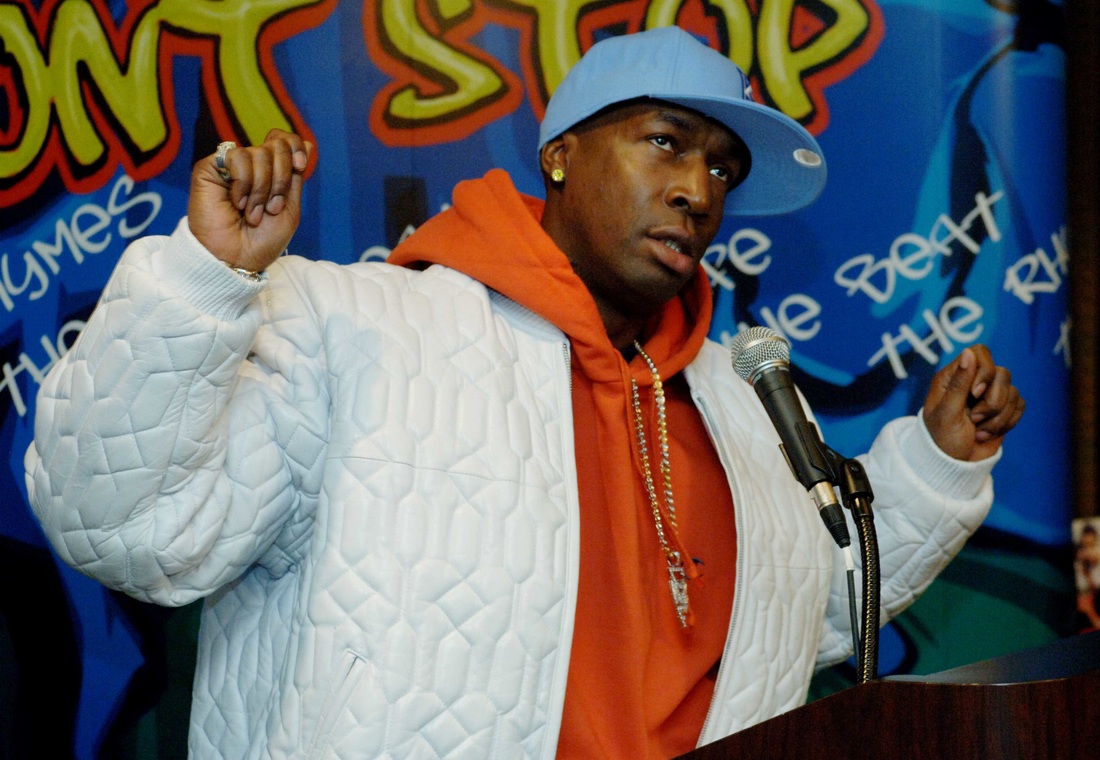|
3 Comments
A collection of resources from Martin Urbach.
https://drive.google.com/drive/folders/0Bzz0lue6hU1WQVRhaERPZ1Z4VEU This lesson is designed to introduce your students to many important social issues in society today through a very accessible way that also aims to grasp student interest. In our classroom, the lesson was taught to students in grades 5-8, but it can easily be modified to be beneficial for a wide variety of ages. The list of issues that I have highlighted is not exhaustive and I encourage you to find elements of the music and the video that you find pertinent and useful in your own classroom. Further, the interpretations presented are also neither right nor wrong. In our classroom, we embraced and considered many different interpretations and I encourage you to do the same in your classroom.
Here is some student feedback on the lesson:
“Learning hip-hop was a lot of fun! Hip-hop is such a large part of youth culture and putting it into an educational lesson really opened my eyes to the fundamentals that you don't really pay attention to when you hear the songs on the radio. Not only were we able to learn and create music, but we learned about the roots of hip hop as well, which I believe allowed the students to enjoy the richness of the genre a little more! The only thing I wish was different about this small unit was to have some more time and listen to what everyone had come up with.” “I had never really given much thought to hip-hop music . . . However, I was immensely intrigued by the history of it, and by the end of the brief presentation I had a mild admiration for the genre based upon its varied sources/ roots. I found that after learning about its origins, it wasn't simply a repetitive rhythm with words but an ancient art, slightly modernized. The improv section was amazingly fun, not only because it allowed me to explore completely new ideas but because I got to try and apply what I had just learned . . . After experiencing the presentation and improv I have a respect and understanding of [hip-hop's] roots and overall have a favorable opinion of it.” Lesson plans can serve as a starting point of exploration into Hip Hop, Technology, Critical Pedagogy, and Literacy in hopes of creating an engaging, exploratory, musical classroom. Just like Hip Hop, take what you like, explore and create what you need with what tools you have, and make something new. These lesson are not to be executed identically, but tailored to your needs.
The following comes from Adam Kruse's (2016) article, "Featherless Dinosaurs and the Hip-Hop Simulacrum: Reconsidering Hip-Hop's Appropriateness for the Music Classroom" in Music Educators Journal.
Starting Points for Hip-Hop Classroom Experiences Hip-Hop as a Bridge (connecting hip-hop to other music and vice versa)
Hip-Hop as a Lens (hip-hop as a way to understand contexts)
Hip-Hop as Practice (hip-hop as hip-hop musicians do it)
|
Want to contribute something here?
Let us know about it on the Contact page. Categories
All
|



